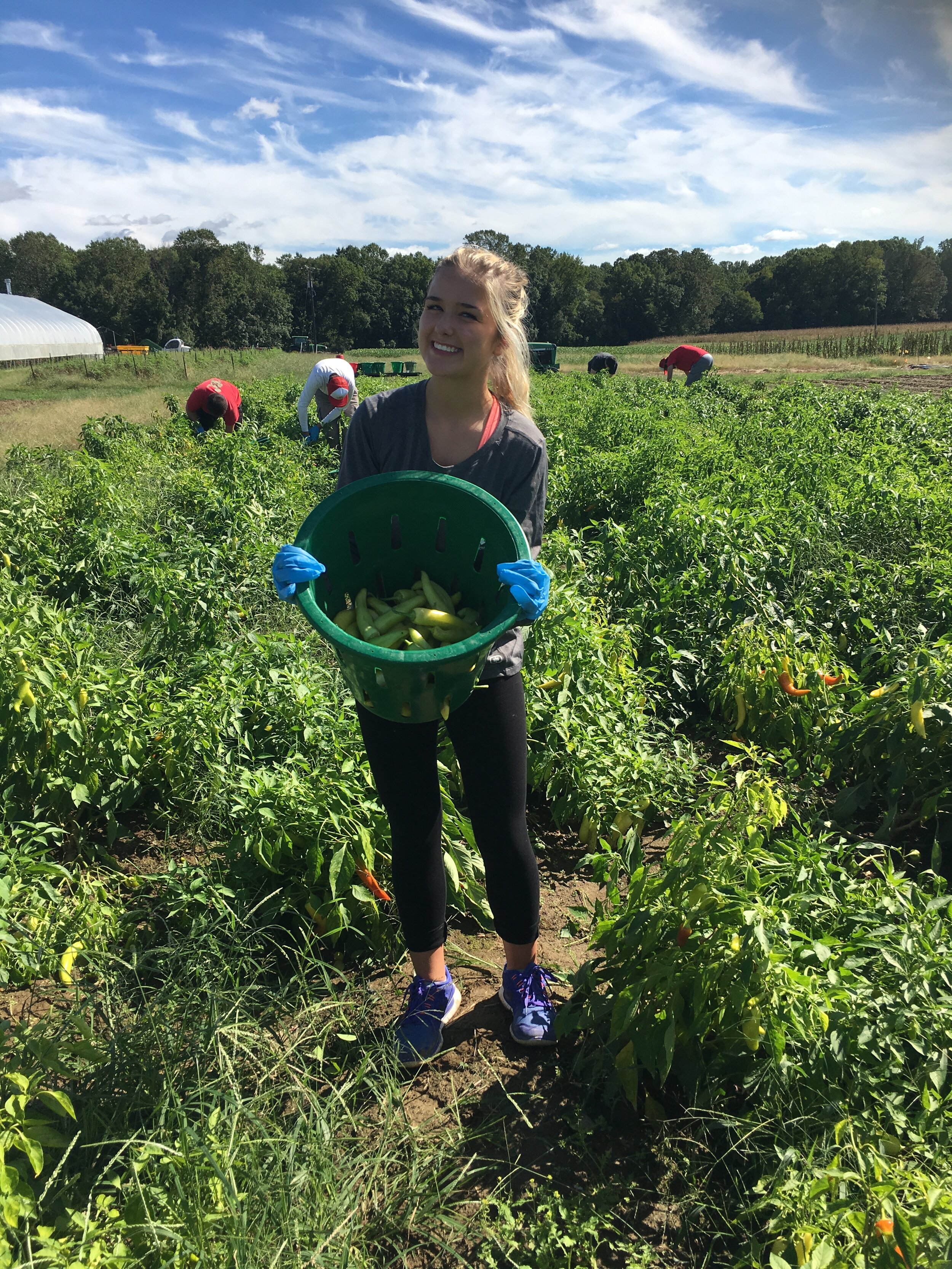Service-Learning experience: ILS program requirement
The ILS service experience was student-initiated from our inaugural cohort in 2011. In the past decade, ILS students have engaged in service work with hundreds of community partners and will surpass 10,000 hours of service at the conclusion of the 2022 academic year. This is just the service work they do in HLSC100 and HLSC102; the amount of total service hours done by our students by graduation is much higher.
Service-learning allows ILS students to combine academic content, experiential education, and reflection as they work with community partners to advance the mission and objectives of each unique partner. Our students complete 25 hours with the community partner(s) of their choice in their first year, and can springboard into additional opportunities throughout their Maryland career.
Service and Science
During the introductory course HLSC100, students learn to become reflective life scientists. This course focuses on acclimating to college, building relationships, practicing self-care, and investigating topics such as the social determinants of health, diversity, and inclusion. The class experience is enhanced by the opportunity for students to work with community partners that strive to meet the needs of the surrounding community.
ILS students have assisted with a variety of missions including maintaining a food forest, serving guests at a food pantry in Washington, DC, and mentoring school children interested in science. By putting course content into a real life context, they developed transferable skills related to their specific service experience, fostered friendships with other ILS students, and were inspired by dedicated individuals who are making a difference in their communities everyday.
ILS has also developed a spring break immersion experience Terps Helping Turtles. Students spend a week providing service at this sea turtle rehabilitation center on Topsail Island, North Carolina where they assist with bathing, feeding, and medicating turtles, and educating local school children on environmentalism. During this experience they investigate the human factors that are impacting both sea turtles and the coastal areas they use for nesting.



